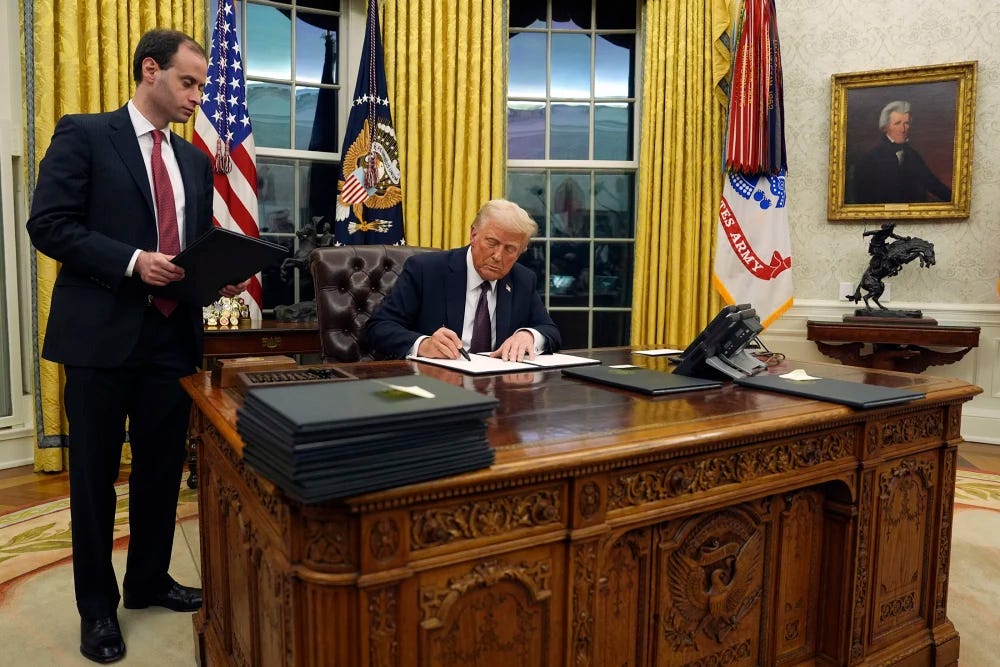CDC Ordered to Immediately Halt Collaborations with WHO, Disrupting Global Health Efforts
Experts Warn the Sudden Suspension Could Hinder Efforts to Combat Global Health Threats
In a surprising move, U.S. public health officials have been instructed to cease all collaboration with the World Health Organization (WHO) immediately, disrupting ongoing international health efforts.
A memo from John Nkengasong, a senior official at the Centers for Disease Control and Prevention (CDC), was issued late Sunday, informing agency leaders that all staff involved in WHO collaborations must halt their work and "await further guidance." This directive affects CDC employees participating in WHO technical working groups, advisory boards, cooperative agreements, and other collaborations, both virtual and in-person, including visits to WHO offices.
Experts warn that this abrupt stoppage could significantly delay ongoing efforts to investigate and control outbreaks such as the Marburg virus and mpox in Africa, as well as other global health threats. The suspension also comes at a time when authorities worldwide are monitoring bird flu outbreaks among U.S. livestock.
Dr. Jeffrey Klausner, a public health expert from the University of Southern California who works with WHO on sexually transmitted infections, expressed concern over the immediate impact of the decision. "People expected a gradual withdrawal, but this has really caught everyone by surprise," Klausner said, adding that the U.S. and WHO have long benefited from mutual exchange of knowledge, especially in the areas of emerging health crises and new treatments.
The move follows an executive order from President Trump last week, which initiated the process for the U.S. to withdraw from the WHO. However, the withdrawal process requires approval from Congress and completion of the U.S.'s financial obligations for the current fiscal year, as well as a one-year notice period.
A U.S. health official, who spoke on the condition of anonymity, confirmed the immediate suspension of CDC collaborations with WHO, but a spokesperson for the WHO deferred questions to U.S. officials. The U.S. Department of Health and Human Services has not yet commented on the issue.


